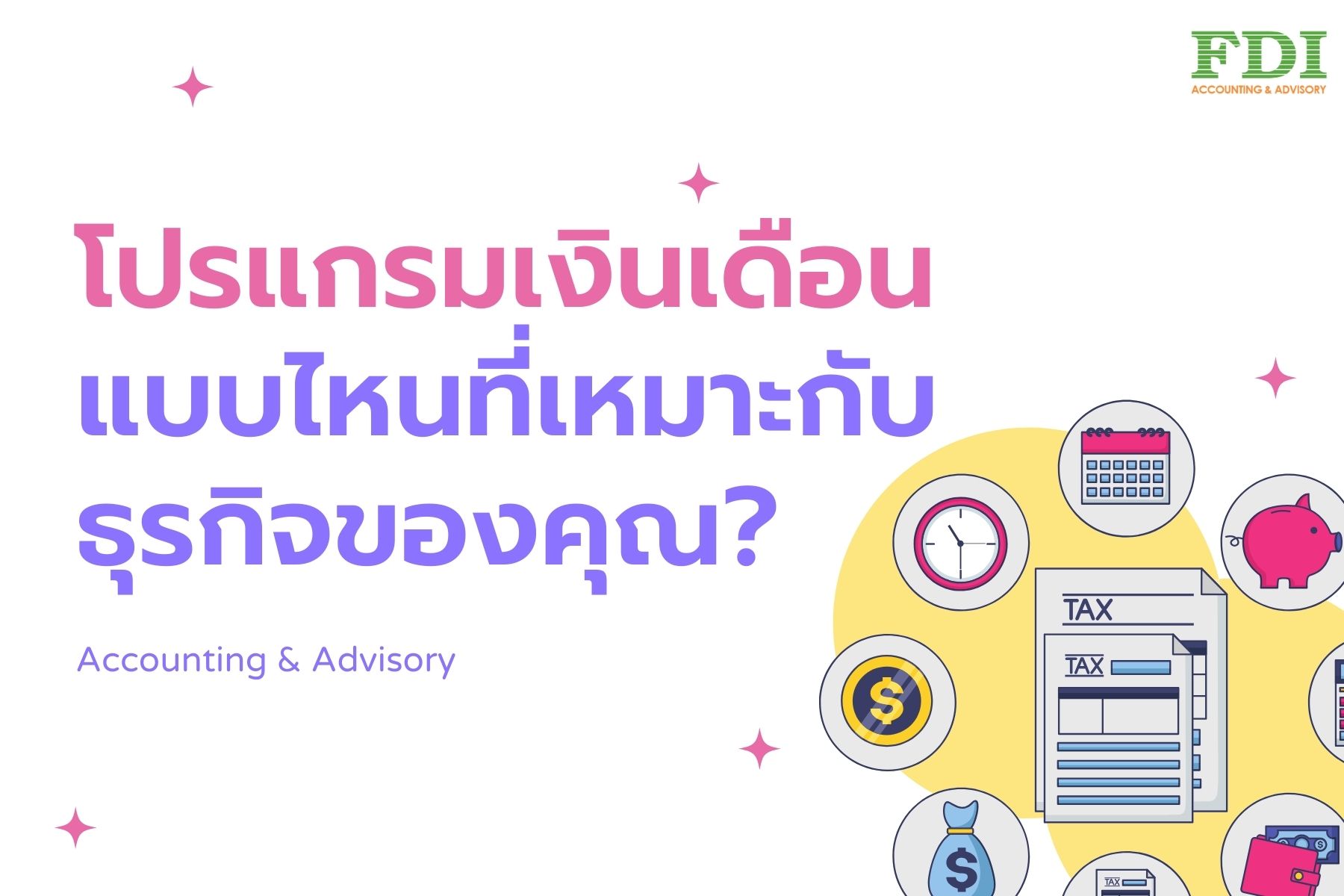In today’s business world, human resource management is not just about ensuring employees meet their targets; it is also a crucial mechanism for creating competitive advantage and sustainable growth for the organization. This is especially true in an era of rapid workforce changes, rising employee expectations, and increasing societal focus on ESG (Environment, Social, Governance).
This article presents 7 human resource management strategies that enhance organizational efficiency, competitiveness, and long-term sustainable growth.
7 Strategies for Human Resource Management to Enhance Competitive Advantage from a Sustainability Perspective.
1. Develop a values-driven organizational culture.
Organizations with a clear culture aligned with shared values can significantly boost employee motivation and reduce turnover. HR should ensure that the organization’s core values are embedded at every level, from internal communication and policy decisions to performance management such as integrity, equality, and social responsibility. Cultivating a strong culture not only enhances employee engagement but also strengthens the organization’s reputation among stakeholders, contributing to long-term competitive advantage.
2. Invest in long-term skill development (Upskilling & Reskilling).
One key trend in sustainable human resource management is emphasizing lifelong learning, especially in an era of rapid technological change. HR should plan skill development for employees not only within their current roles but also in new areas, such as digital skills, data analytics, cross-cultural communication, and ESG understanding, ensuring employees are adaptable and have opportunities to grow alongside the organization.
3.Establish a fair and transparent system for recruiting and retaining top talent.
Having top talent in the organization is a key factor in creating a competitive advantage. HR should develop recruitment systems that combine digital tools with principles of equity—for example, using AI for initial resume screening to reduce personal bias and increase opportunities for capable candidates from diverse backgrounds. At the same time, the organization should have continuous plans to develop and retain top performers, such as clear career paths, fair compensation systems, and a work environment that supports professional growth.

4.Promote diversity, equity, and inclusion (DEI).
Diversity, Equity, and Inclusion (DEI) are key approaches to sustainable human resource management. Beyond fostering an open culture, they bring fresh perspectives that drive organizational innovation. HR should promote DEI policies through diverse hiring practices—across gender, age, disability, and ethnicity—while ensuring employees feel safe to express themselves (psychological safety) and creating an environment where every voice is valued.
5.Integrate AI and HR technology ethically.
In the digital era, technology can greatly enhance HR efficiency, such as using AI for resume screening, performance analytics, or HRIS for employee data management. However, its use must be governed carefully to avoid impacts on privacy and fairness. A suitable approach is to design HR technology based on Human-Centered Design, prioritizing the employee experience, ensuring transparency in usage, and managing personal data in compliance with PDPA regulations.
6.Foster employee engagement with the organization’s ESG goals.
Organizations focused on sustainability require more than executive-level policies; they must ensure that employees at all levels understand and engage with ESG goals, such as carbon reduction, community involvement, and anti-corruption efforts. HR plays a key role in communicating these objectives, selecting relevant KPIs, and embedding sustainability as a shared mission across the workforce Organizations focused on sustainability require more than executive-level policies; they must ensure that employees at all levels understand and engage with ESG goals, such as carbon reduction, community involvement, and anti-corruption efforts. HR plays a key role in communicating these objectives, selecting relevant KPIs, and embedding sustainability as a shared mission across the workforce
7.Measure and evaluate HR strategies using insights from people analytics.
Sustainable human resource management should be driven by data rather than intuition. HR can leverage data to analyze and forecast metrics such as turnover rates, employee satisfaction, training outcomes, or the Employee Engagement Index. These analytical tools enable management to adjust HR strategies effectively, aligning them with both current conditions and long-term organizational goals.
In summary, effective human resource management today can no longer be separated from the dimension of sustainability. Having skilled personnel who are engaged and share the organization’s values is at the heart of true competitive advantage. The seven strategies discussed—from cultivating culture to leveraging data-driven insights—serve as essential tools that HR and related teams can adapt flexibly to their organizational context. When implemented consistently and earnestly, they enable organizations to grow sustainably, remain competitive, and thrive in an ever-changing business landscape.
FDI Group – Experts in Consulting and In-House Training Solutions.
Organizational development is not just about improving work processes; it also involves building strong relationships and effective communication within the organization, as well as creating an environment that supports growth and learning for all personnel. To achieve long-term organizational growth, development must be holistic, addressing all dimensions in a coordinated manner—particularly the development of a critical resource that no organization can afford to overlook: human resources.
FDI In-House Training Services
- Training design and annual planning services for organizations.
- Customized training design tailored to align perfectly with each organization’s needs and objectives.
- Training conducted by expert instructors with deep knowledge and extensive experience in the specific subject matter.
- Follow-up and evaluation with detailed post-training reports.
- Training completion certificate provided upon course conclusion.
Contact Us
- Facebook : FDI Group – Business Consulting
- @fdigroup
- Phone : 02-642-6866, 02-642-6869, 02-642-6895
- E-mail : infojob@fdi.co.th
- Website : www.fdi.co.th
BlogArticles
How to choose the HR program that's right for your business!
In today's era, HR programs...
Read MorePeople management skills with the power of Soft Skills!
In the digital age where technology plays an important role. Work trends are changing rapidly. Essential skills for employees are therefore not just technical knowledge and expertise alone...
Read MoreWhich salary program type is suitable for your business?
In the digital age, salary programs It has become an important tool for all types of businesses...
Read More



